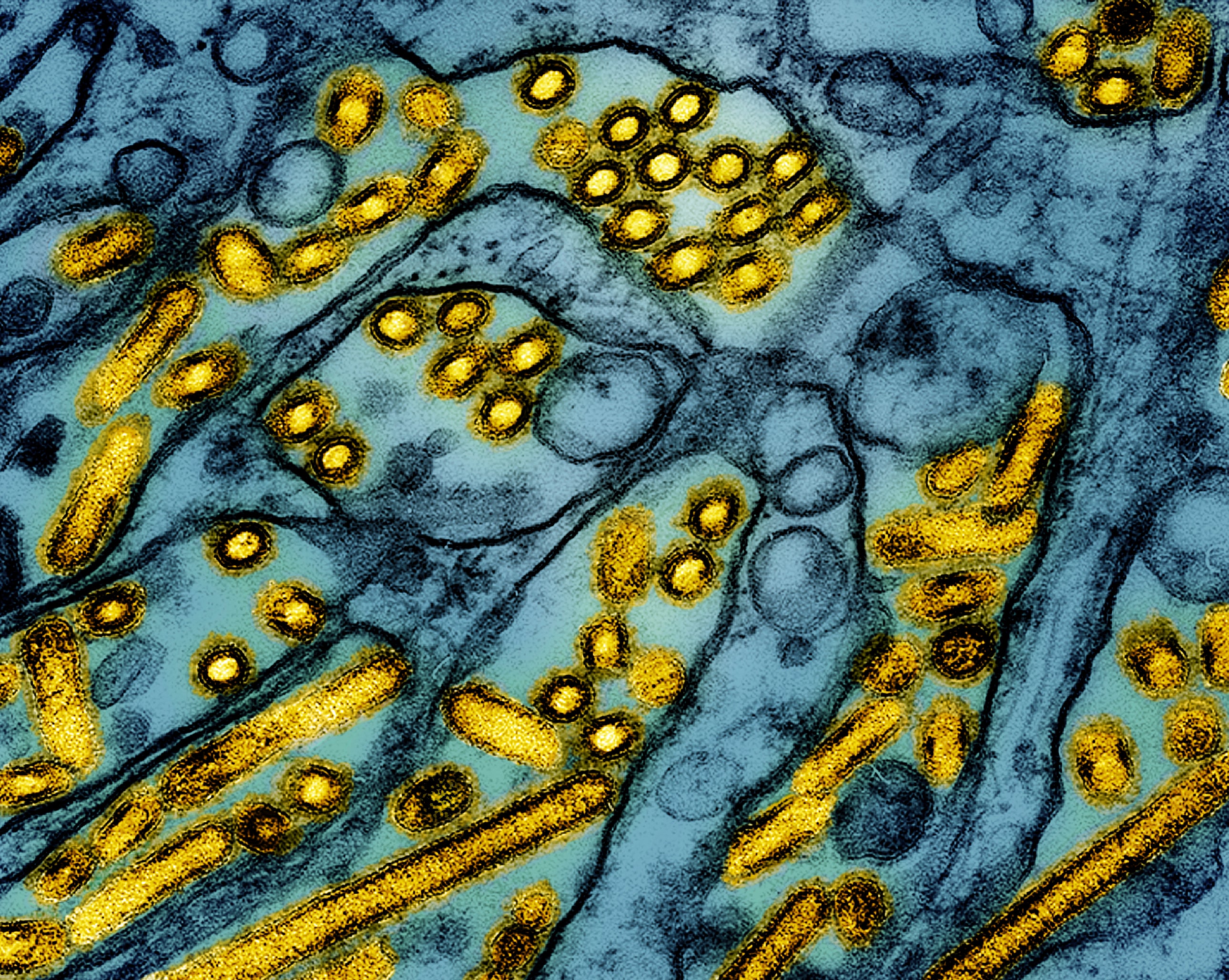Cats can get sick with bird flu. Here's how to protect them
The death of an Oregon house cat from bird flu and a pet food recall are raising questions about how people can protect their pets

The death of an Oregon house cat and a pet food recall are raising questions about the ongoing outbreak of bird flu and how people can protect their pets.
Bird flu has been spreading for years in wild birds, chickens, turkeys and many other animals. It was first confirmed in U.S. dairy cattle in March.
The virus has been causing sporadic, mostly mild illnesses in people in the U.S., and nearly all of those infected worked on dairy or poultry farms. When the virus is found, every bird on a farm is killed to limit the spread of the disease.
Oregon health officials traced the cat's illness to frozen cat food that contained raw turkey. Virus recovered from the recalled pet food and the infected cat matched.
Some pet owners feed their animals raw meat, but that can be dangerous, even fatal for the animals, said Dr. Michael Q. Bailey, president-elect of the American Veterinary Medical Association. Cooking meat or pasteurizing raw milk destroys the bird flu virus and other disease-causing germs.
“Raw milk, raw meat products can be and are a vector for carrying this virus,” he said.
Are pets in danger of getting bird flu?
Though cases of infection are rare, cats seem especially susceptible to the bird flu virus, or Type A H5N1. Even before the cattle outbreak, there were feline cases linked to wild birds or poultry. Since March, dozens of cats have caught the virus. These include barn and feral cats, indoor cats, and big cats in zoos and in the wild.
The Los Angeles County Department of Public Health is investigating the deaths of four house cats that drank recalled raw milk.
Dogs seem to be less vulnerable than cats, but they should eat only thoroughly cooked foods, Bailey said.
How can I protect my cat from bird flu?
Cats should not drink unpasteurized dairy products or eat raw meat. Pet owners should keep cats away from wild birds, livestock and poultry.
Don't let them wander freely in the outdoors, Bailey said, “because you don’t know what they’re getting into. Cats are natural hunters, and one of the animals they love to hunt are birds.”
Avoid touching sick or dead birds yourself. Thoroughly wash your hands after handling poultry or animals.
What are the symptoms of bird flu in cats?
Cats sick with bird flu might experience loss of appetite, lethargy and fever.
If your cat is usually playful and likes to look out the window, but instead has been sleeping all the time or hiding from you, take note, Bailey said. “There’s something wrong,” he said.
They could have reddened or inflamed eyes and discharge from the eyes and nose. They might have difficulty breathing or have tremors or seizures.
If your cat is sick, call your veterinary clinic and keep the cat away from anyone with a weakened immune system.
What pet food was recalled?
Northwest Naturals, a pet food company in Portland, Oregon, announced a voluntary recall Tuesday of one batch of its 2-pound Feline Turkey Recipe raw frozen pet food after it tested positive for the virus. The product was sold in Arizona, California, Colorado, Florida, Georgia, Illinois, Maryland, Michigan, Minnesota, Pennsylvania, Rhode Island and Wisconsin, as well as Canada’s British Columbia.
The recalled food has “best if used by” dates of May 21, 2026, and June 23, 2026. Consumers should throw it away and contact the place of purchase for a refund.
___
The Associated Press Health and Science Department receives support from the Howard Hughes Medical Institute’s Science and Educational Media Group. The AP is solely responsible for all content.
Bookmark popover
Removed from bookmarks